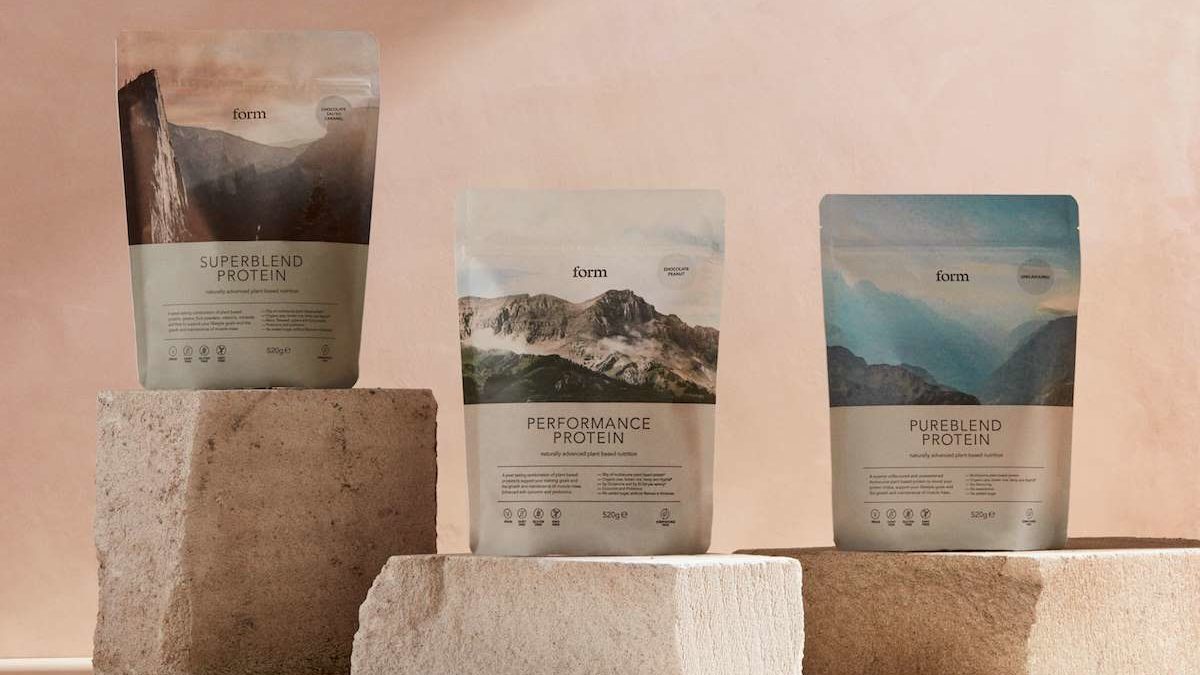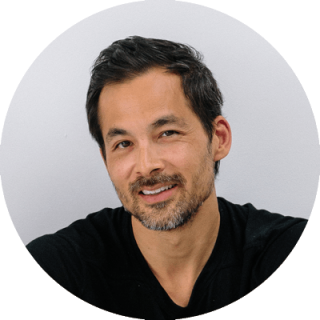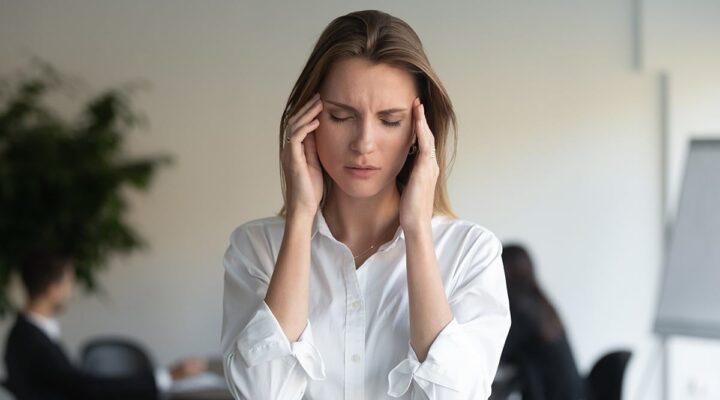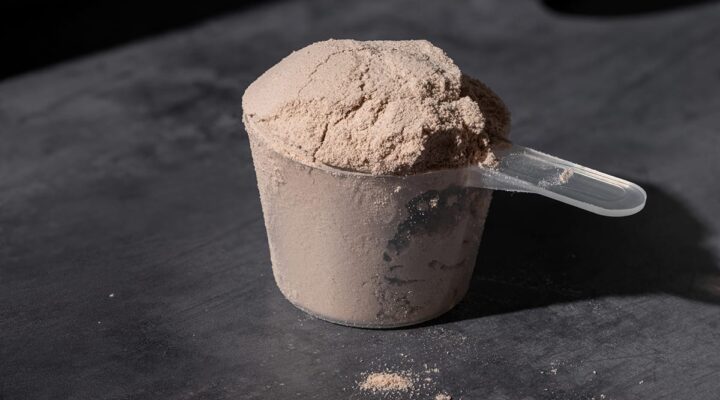4 Reasons Over 40s Should Keep an Eye on Their Protein Intake

There is a misconception that protein is only for bodybuilders, which could not be further from the truth. Though protein is no doubt important to bodybuilders, it is a key macronutrient in the human diet that should be ingested daily by everyone to maximise healthy functioning of the body. Protein plays a part in just about every bodily process that you can think of, from cellular repair to hormone production, hair growth to immune system response.
When we eat protein-rich foods, the body breaks down the protein into individual amino acids to then put them back together again in the form of something else, like a hormone. This is why amino acids are often referred to as ‘the building blocks’ of the body.
But while the myth that only people in intense exercise regimes should be supplementing protein pervades, one enormous part of the population suffers: the over 40s. The Reference Nutrient Index advises adults in the UK to eat at least 0.75g of protein per kilogram of body mass (the equivalent of roughly 50g for someone weighing 70kg) but few people realise that these guidelines are based on medical studies that involved only young adults, ignoring the changes in physiology that humans undergo as they age.
So, here are 4 great reasons why you should start thinking about your protein intake in your 40s and beyond:
1. You’re Losing Muscle Mass
In your 40s, your body starts to lose muscle mass at a rate of 1-2 percent a year. While this might not sound particularly scary, the side effects are far from desirable: weakness, fatigue and vulnerability to injury. Muscles are made up of proteins that are synthesised from the proteins in your diet. They also are the tissues that surround and protect your joints, your bones and even your organs. In short, you want to keep your muscles.
2. You’re Eating Less
Many older people notice a decrease in their appetite and so, they end up eating less. When they eat less, their protein consumption invariably suffers, and they are less likely to meet the daily guidelines. Now we know that protein works to maintain and repair muscle, its absence from the diet is detrimental. When you do not eat protein, your body sources it elsewhere i.e. in your existing muscles. Protein is the only macronutrient that is not stored by the body to be used later; either you eat it, or your body eats you.

3. You’re Moving Less
It’s no surprise that older people are *typically* more sedentary. So, the expression ‘use it or lose it’ comes to mind, as the body is not going to waste energy synthesising protein for muscles if the muscles are not being used. The solution is to regularly exercise, which could be as simple as cycling to work or walking the dog, and to eat protein.
4. You Just Don’t Make Muscle Like You Used To
The body develops what is known as ‘anabolic resistance’ with age. In plain English, a 50-year-old body is less likely to make protein than a 20-year-old body, even if they eat the same amount of protein. This means that in order to have the same muscle mass as you did when you were younger, you should be increasing your protein intake. Many experts are now saying that you should be eating at least 30 grams of protein per meal, totalling up to about 90 to 100 grams of protein per day.
Further reading and references
Protein Intake and Muscle Function in Older Adults Deer, R. R., Volpi, E. Curr Opin Clin Nutr Metab Care. 2015 May; 18(3): 248-253 doi: 10.1097/MCO.0000000000000162
Protein and Exercise in the Prevention of Sarcopenia and Ageing Naseeb, M. A., Volpe, S. L. Nutr Res. 2017 April; 40: 1-20 doi: 10.1016/j.nutres.2017.01.001
The Role of Dietary Protein and Vitamin D in Maintaining Musculoskeletal Health in Postmenopausal Women: A Consensus Statement from the ESCEO Rizzoli, R. et al. Maturitas. 2014 September; 79(1): 122-132 doi: 10.1016/j.maturitas.2014.07.005


















